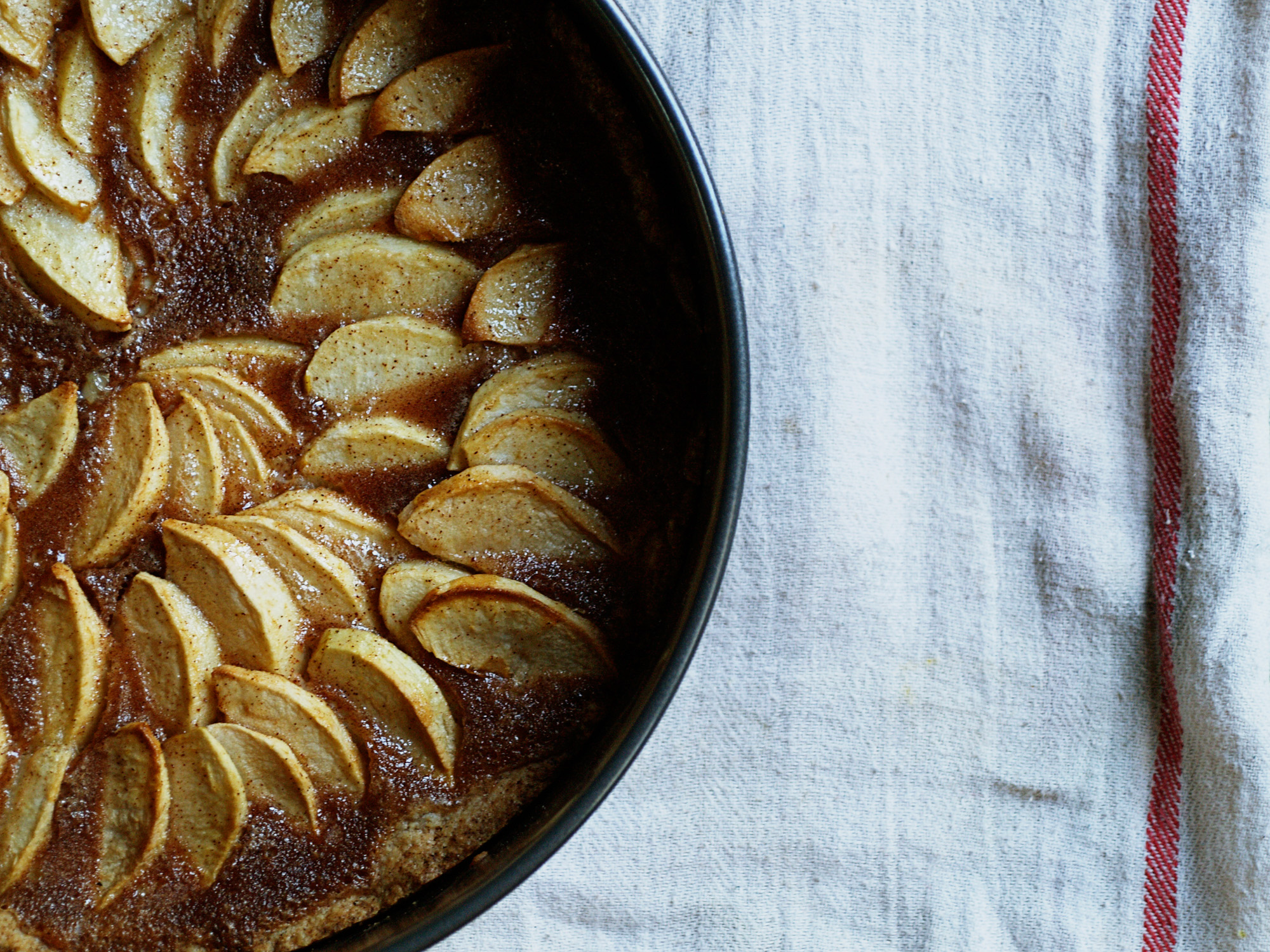Gemma: Artopolis Bakery Cafe
/Last Saturday Harold and I visited Artopolis Bakery Cafe in Greektown. Set along Halsted amongst noisy Greek restaurants and small grocery stores, this attractive cafe boasts sunlight, space, plenty of seating, and a wide array of foods and drinks. It is no small wonder that the clientele appeared to be largely UIC students. We left with four loaves of bread and two decent cups of coffee and headed to Harold's house.
Harold laid out a small bowl of arugula, two fine cheeses that had been coming to temperature, and some seltzer water, then we began with the 'French epis long' that you see above.
This was a gorgeous looking bread, dusted with cornmeal and expertly split. The exterior was nice and crusty and the crumb was soft and chewy-though not resilient. The bread had a nice subtle flavor that went wonderfully with the cheeses. This was not an amazing bread, but certainly quite passable. It was also the first epis cut I have seen since beginning these reviews, so that increased my enjoyment of this bread.
In this photograph you can see the French pretzel, the round levain sour dough, and the kalamata olive bread. In the distance you can see our cheeses (and below you will find a better photograph) The first was a hard raw milk Gruyere-Reserve by Emmi and the second was a softer sheep's milk cheese from Neals Yard Dairy.
The French pretzel was available with salt or with sesame, we naturally chose salt. A very thin and chewy crust enclosed a crumb with very small and uniform holes. The crumb was a bit bland and unresilient, though moist and the crust was pleasant, though the salt was doing most of the work, I believe. This was a mediocre bread, the crumb needs some work. I would be interested to try this with the sesame in place of the salt.
On the left is the French pretzel interior. To our right is the levain sour dough interior. "Levain" is a French word associated with the English "leavened" or meaning "to rise." Basically, this simply means that the bread is naturally leavened, or to put it more simply, a sourdough. One could find a more eloquent description of the nuances of this word.
This sour dough round had a beautifully flour dusted top and a thin, light, overly chewy crust. Some whole wheat flour had been used resulting in a very smooth texture and flavor which was quite nutty and earthy. The crumb was soft, moist, and unresilient and the crust should have been more substantial and crisper. The over-all flavors, though nice, would not be described as sour. Amazingly, the bread did not take cheese well at all. This bread was a disappointment due to not being nearly as good as it looked.
We then moved on to our last loaf, the kalamata olive bread, which you see on the right in the above picture (the French epis long interior is on the left). The soft crust was dusted with cornmeal and the crumb was -again- soft, moist, and unresilient. The crumb contained the expected kalamata olives but also. . . chopped onions and flecks of oregano. Why oh why do people insist on including cold and wet ingredients in an otherwise decent bread? The flavors were strange and resulted in a sweet taste. The onions and the olives did not compliment each other well. Over-all, this tasted like cheap pizza dough or some horrible "fresh baked" creation from Subway. This was a thoroughly uninspiring bread and something to avoid.
In conclusion, the Artopolis bakery and cafe looks like a lovely place to spend a quiet afternoon people watching, reading, drinking coffee, and munching on their impressive selection of foods (and I intend to do just that sometime soon) however, their breads are mediocre to poor depending on what is selected. They suffer from the all too common ailment of seemingly mass-produced breads where the crust is thin, dense, and overly chewy and the crumb is soft, far too moist, and completely unresilient. These breads had no character and tasted roughly the same if you were to remove the salts, olives, and whole wheat flours. The French epis long (you can see another interior shot above) and the levain sour dough were the better of the four, but while on the higher end of mediocre, these breads also left something to be desired.






